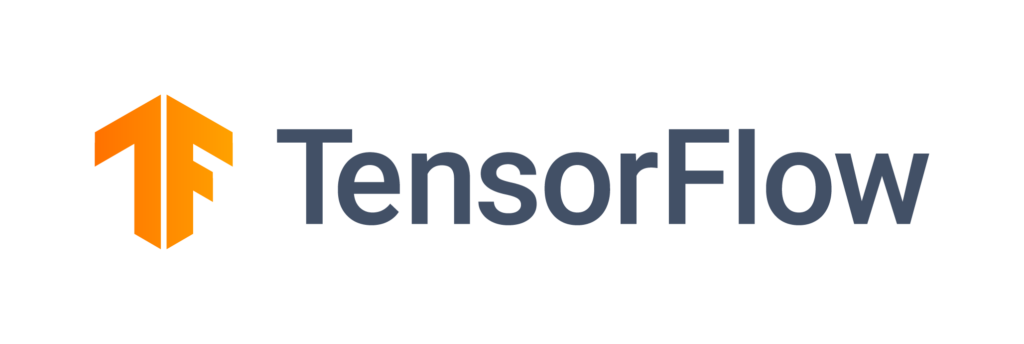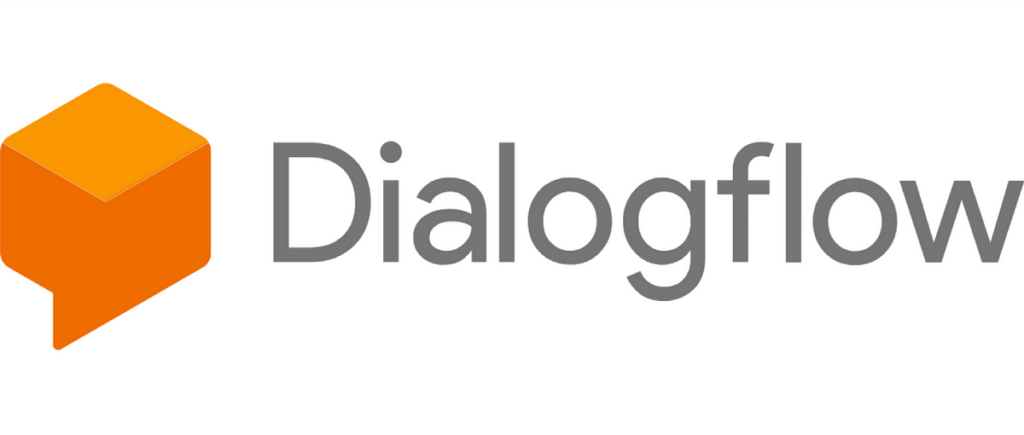In this article, we will explore the top 10 AI tools that are making waves in the world of technology.
Artificial Intelligence (AI) has revolutionized various industries by providing innovative solutions to complex problems.
From automating mundane tasks to enabling data-driven insights, AI tools have become indispensable for businesses and individuals alike.

AI Tools
Best AI Tools
1.OpenAI GPT-3:

OpenAI‘s Generative Pre-trained Transformer 3, or GPT-3, is one of the most powerful language models available today.
GPT-3 can generate human-like text based on the given input. It has applications in content creation, chatbots, and language translation, among others. Developers can access GPT-3 through APIs to build innovative AI-powered applications.
2. TensorFlow:

Developed by Google, TensorFlow is an open-source machine learning library that provides a flexible framework for developing AI models.
With a wide range of tools and resources, TensorFlow supports tasks like image and speech recognition, natural language processing, and deep learning. Its versatility has made it a favorite among researchers and developers.
3. IBM Watson:

IBM Watson is a comprehensive AI platform that offers a suite of tools for AI development.
From AI-powered chatbots to advanced data analytics, Watson empowers businesses to make data-driven decisions and optimize operations. It also provides APIs for integrating AI capabilities into existing applications.
4. Microsoft Azure Cognitive Services:

Microsoft Azure Cognitive Services is a collection of AI APIs and services that cater to various AI needs, including vision, speech, language, and decision-making.
Developers can easily integrate these APIs into their applications to add AI capabilities without extensive expertise in AI development.
5. Amazon Rekognition:

Amazon Rekognition is a powerful AI service offered by Amazon Web Services (AWS) that enables image and video analysis.
It can detect objects, faces, and activities in images and videos, making it valuable for content moderation, security surveillance, and image recognition applications.
6. Salesforce Einstein:

Salesforce Einstein is an AI-powered CRM platform that leverages AI to offer personalized customer experiences, automate tasks, and make data-driven predictions.
It enables businesses to understand customer behavior and preferences better, leading to more effective marketing and sales strategies.
7. H2O.ai:

H2O.ai is an open-source AI platform designed for data scientists and developers to build and deploy machine learning models.
It supports various algorithms and data processing techniques, making it a popular choice for AI-driven data analysis and predictive modeling.
8. Wit.ai:

Wit.ai, a Facebook-owned platform, provides natural language processing capabilities to develop voice-controlled applications.
It enables developers to create chatbots and voice interfaces that understand human language contextually, making interactions more engaging and intuitive.
9. Dialogflow:

Dialogflow, formerly known as API.ai, is a Google Cloud-powered conversational AI platform. It allows developers to build chatbots and virtual assistants for websites, mobile apps, and other platforms.
Its AI-driven natural language understanding helps in creating realistic and context-aware conversations.
10. NVIDIA CUDA Toolkit:

NVIDIA CUDA Toolkit is a software development platform that utilizes GPU (Graphics Processing Unit) acceleration to speed up AI and machine learning workloads.
It significantly enhances training and inference performance, making it a favorite among researchers and data scientists working on large-scale AI projects.
In conclusion, AI tools have become indispensable assets for businesses and developers looking to leverage the power of AI in their applications.
From language models like GPT-3 to comprehensive AI platforms like IBM Watson and Microsoft Azure Cognitive Services, the top 10 AI tools mentioned in this article offer a wide range of capabilities to transform the way we work and interact with technology.
As AI continues to advance, these tools will play a pivotal role in shaping the future of innovation across industries.
















